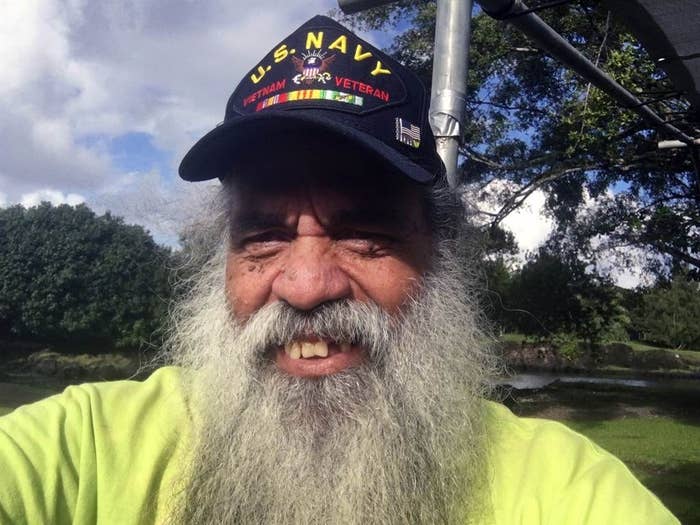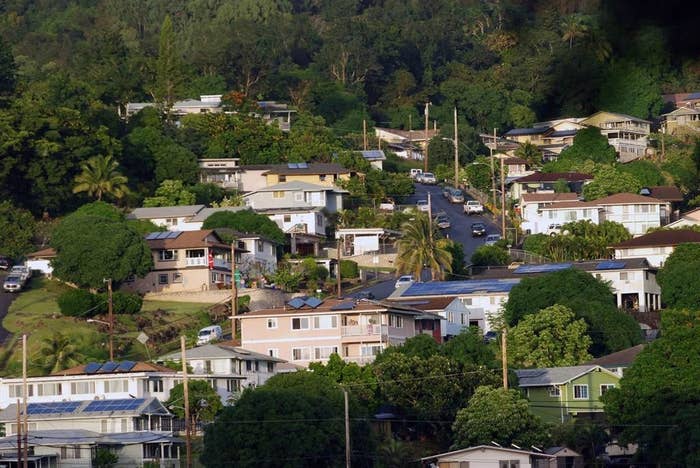
Hawaiians will for the first time be allowed to submit DNA evidence to prove their native ancestry in an effort to become eligible for low-cost state land leases.
The Department of Hawaiian Home Lands reached the agreement after the Native Hawaiian Legal Corporation filed a lawsuit in 2012 on behalf of Leighton Pang Kee, who had applied through the organization for housing and submitted DNA evidence to establish his relationship with the unnamed biological father on his birth certificate.
To be eligible for the Department of Hawaiian Home Lands housing, Hawaiians must prove they have 50% or more blood quantum. They can then apply for a 99-year lease of state land for $1 a year.
Pang Kee was adopted, but he knew who his late father was and found his father's brother, who took a DNA test to prove that they were related.
Commercial DNA testing cannot prove someone has Hawaiian ancestry — it would only be able to say someone is of Polynesian ancestry. Testing for Hawaiian ancestry is done through a paternity test or through a test of the father's relative, which can prove relation to someone who is Native Hawaiian.
Initially, DHHL rejected Pang Kee's application despite the proof of relation, but later settled and is now in the process of creating rules to allow DNA evidence.
"DHHL has a duty and obligation to review evidence of ancestry submitted by beneficiaries including DNA tests," NHLC attorney Camille Kalama said to BuzzFeed News. "We also believe DHHL should not be allowed to arbitrarily decide when it will and when it will not accept certain types of evidence and should not refuse evidence that is routinely used by other agencies to confirm parent-child relationships."

Unlike 566 Native American groups, Hawaiians are not allowed by the federal government to have their own political structure — despite an ongoing effort to seek self-determination.
One of the few benefits offered to Hawaiians is housing at almost no cost through DHHL, which allocates land set aside in 1921 in order to provide economic self-sufficiency to Native Hawaiians. At the time it was established, the blood quantum was already controversial, as many Hawaiians consider themselves Hawaiian no matter what fraction of ancestry.
The DHHL said in a statement in October that it could take up to two years to establish rules to allow DNA testing.
As part of the settlement, Pang Kee is now on the waiting list for a homestead lease.
More than 27,000 applicants are currently on the waitlist for homelands housing.
